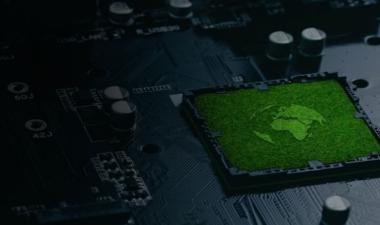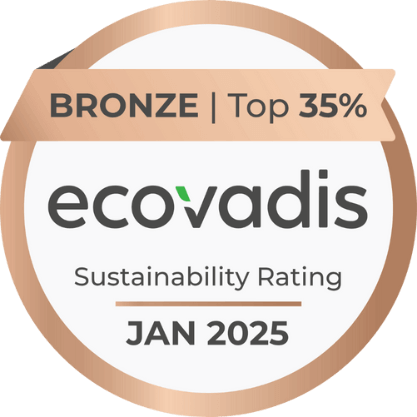Sustainability at SEMICON West 2024: Achieving Sustainable Growth in the Semiconductor Industry
SEMICON West recently wrapped up, and one of the notable programs focused on sustainability, which provided a platform for sharing insights, innovative solutions, and collaborative strategies to address environmental challenges. For those who haven’t attended the event, SEMICON West is where industry leaders gather to highlight the latest advancements in semiconductor technology, electronics design, manufacturing, and, yes, semiconductor sustainability. Here are three key takeaways from the Sustainability Program:
- Industry growth vs. Carbon Neutrality. With the semiconductor industry projected to reach $5 trillion in annual revenues by 2050, there is increasing focus on the industry’s impact to the environment. The rise of artificial intelligence (AI) and its associated thirst for electricity complicates the situation, making it essential to tackle climate issues collectively and holistically.
- Climate impact becomes a Strategic Priority. Recognizing the importance of balancing shareholder value, environmental challenges, and business decisions, companies are increasingly incorporating climate considerations into their strategies. Organizations that successfully operationalize sustainability into their business plans strengthen their supply chain and open the door for new innovative solutions, including:
- Developing more eco-friendly alternatives
- Implementing more reclamation metrics
- Exploring better energy options
- Creating more efficient consumer devices
- Carbon Pricing an Emerging Factor. Successfully incorporating sustainable chip manufacturing practices remains challenging. Issues such as cost, purity requirements, complex waste streams, and resistance to change remain. Embedding sustainability into processes requires assessing the true environmental costs of resource use, driving the need for better reporting methods. Internal Carbon Pricing (ICP) was mentioned by several speakers as a key mechanism for incorporating carbon impacts into decision-making. To drive meaningful change, having accurate data collection for semiconductor carbon footprint at the granular level is essential. Many speakers raised the need for standardization of reporting.
SEMICON West underscored the critical importance of sustainability in the rapidly growing semiconductor industry. The discussions at the event highlighted a collective resolve to integrate climate considerations into business strategies, paving the way for innovative solutions that balance economic growth with environmental stewardship. While challenges persist, the commitment to semiconductor sustainability demonstrates a promising path forward.
At TechInsights, we're intensifying our commitment to deliver data, insights, and intelligence on crucial areas where the semiconductor industry can drive meaningful change. Join me and my brilliant colleagues, Stephen Russell and Carrie MacGillivray, on Wednesday, July 24, 10 a.m. EST or Thursday, July 25, 10 a.m. JST/KST, as we discuss areas where the industry can step up and make a difference. Register here.














